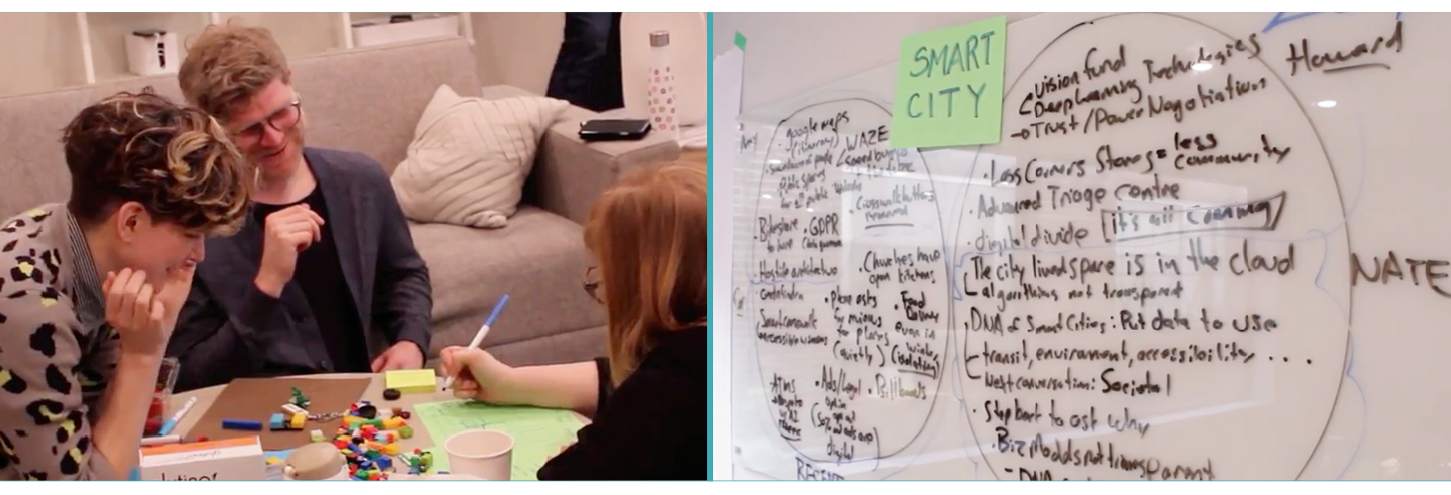The Approach
The tone of this workshop is to be educational, and non-judgemental. We do not want youth to feel shamed for their choices during the workshop. Rather, we are here to educate youth about the facts around e-cigarettes and the consequences of vaping. This will give youth a clear understanding of how their current actions can affect their life going forward, ideally empowering them to make a choice today that will positively impact their future.
Part of this approach will include educating youth on why they make the choices they make. We will do this by looking at the science behind what drives us to make certain choices. Our intention with this is to step away from just focusing on the idea that youth begin vaping because they’re ‘giving in’ to peer pressure, which may carry a certain weight of shame for some. Instead, we want to acknowledge that there are many reasons an individual may decide to try something new, such as vaping, for the first time.
Finally, the workshop will also provide youth with reasons they may want to consider quitting. For example, we’ll look at the ways vaping can negatively impact their physical and mental health, or their personal relationships. Again, this section is meant to provide participants with information, but ultimately empower them to make the decision themselves, and to provide support for those who are thinking about quitting. We will not tell them they have to quit, or even necessarily try to pressure them into quitting. We will present them with the facts, and trust them to use their judgment to make the best decision for themselves.
However, there will be a reminder about school policies around vaping that they must adhere to when at school.
How did the vaping education workshops first begin?
In May 2022, Toronto high school teacher Erin Carey reached out to Maggie Greyson, Lead Designer of Nod From 2050, asking for help dealing with the vaping epidemic at their school. Even though vaping isn’t allowed at the school, students were still caught vaping in class, in the washrooms, and all over school property. Erin wanted to use Maggie’s resources to try and put an end to the vaping problem in the school.
As a result, Maggie Greyson, Hannah Allen, and Erin Carey developed an experiential learning program to teach youth the facts and dangers of vaping. Students from the school supported the workshop by assisting with facilitation, video production, and providing interviews. The vibe was fun, optimistic, informative, and provocative.
They ended up presenting 16 sessions in four days during the school’s Mental Health and Wellness week. In total, up to 770 youth from grades 9-12 attended the sessions. The school staff found the sessions to be very successful.
The tone of this workshop is to be educational, and non-judgemental. We do not want youth to feel shamed for their choices during the workshop. Rather, we are here to educate youth about the facts around e-cigarettes and the consequences of vaping. This will give youth a clear understanding of how their current actions can affect their life going forward, ideally empowering them to make a choice today that will positively impact their future.
Part of this approach will include educating youth on why they make the choices they make. We will do this by looking at the science behind what drives us to make certain choices. Our intention with this is to step away from just focusing on the idea that youth begin vaping because they’re ‘giving in’ to peer pressure, which may carry a certain weight of shame for some. Instead, we want to acknowledge that there are many reasons an individual may decide to try something new, such as vaping, for the first time.
Finally, the workshop will also provide youth with reasons they may want to consider quitting. For example, we’ll look at the ways vaping can negatively impact their physical and mental health, or their personal relationships. Again, this section is meant to provide participants with information, but ultimately empower them to make the decision themselves, and to provide support for those who are thinking about quitting. We will not tell them they have to quit, or even necessarily try to pressure them into quitting. We will present them with the facts, and trust them to use their judgment to make the best decision for themselves.
However, there will be a reminder about school policies around vaping that they must adhere to when at school.
How did the vaping education workshops first begin?
In May 2022, Toronto high school teacher Erin Carey reached out to Maggie Greyson, Lead Designer of Nod From 2050, asking for help dealing with the vaping epidemic at their school. Even though vaping isn’t allowed at the school, students were still caught vaping in class, in the washrooms, and all over school property. Erin wanted to use Maggie’s resources to try and put an end to the vaping problem in the school.
As a result, Maggie Greyson, Hannah Allen, and Erin Carey developed an experiential learning program to teach youth the facts and dangers of vaping. Students from the school supported the workshop by assisting with facilitation, video production, and providing interviews. The vibe was fun, optimistic, informative, and provocative.
They ended up presenting 16 sessions in four days during the school’s Mental Health and Wellness week. In total, up to 770 youth from grades 9-12 attended the sessions. The school staff found the sessions to be very successful.


